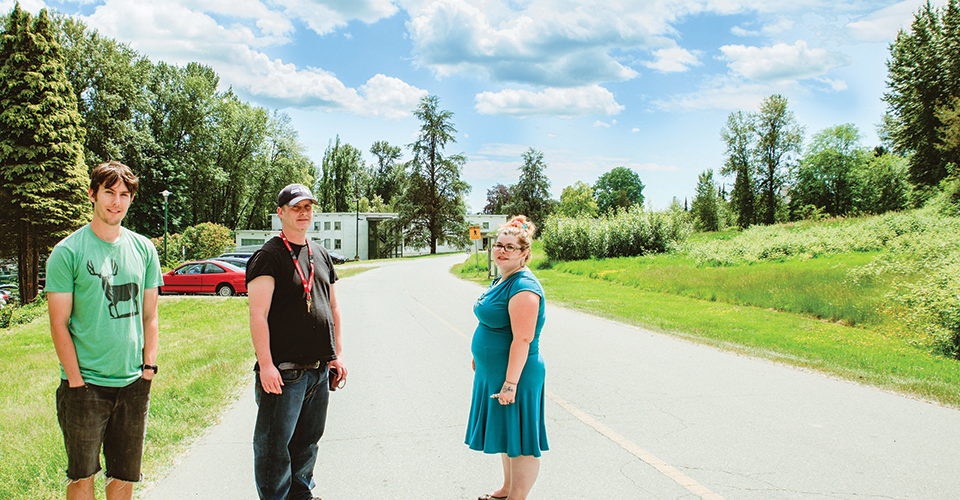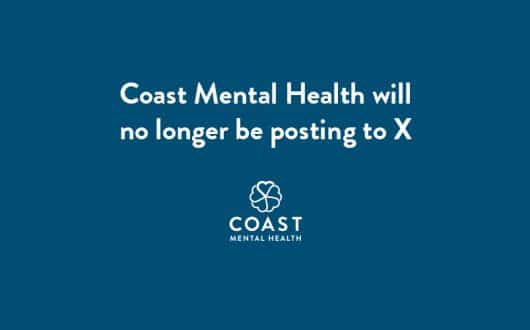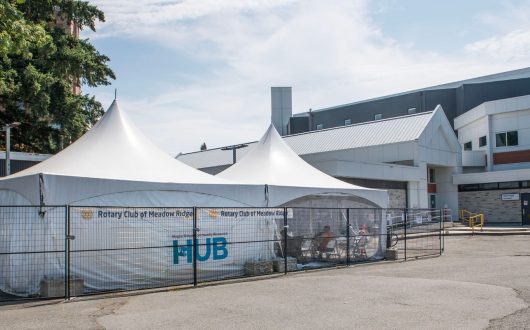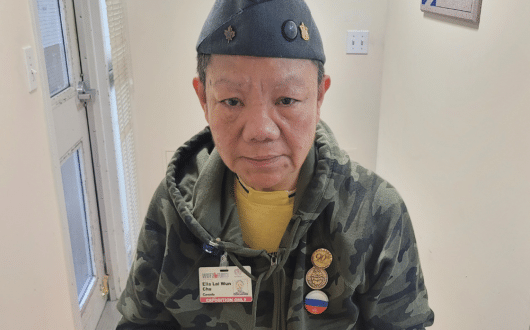Reducing Mental Health Stigma One Student at a Time

The staff at Riverview needed just one open mind to jumpstart a new relationship between their clients and local students.
For some time, they had wanted to partner with nearby schools to bring students to the Coquitlam grounds so they could dispel misconceptions about mental health and addiction, but many administrators expressed concern for student safety and were reluctant to visit.
Then last September, a Port Moody secondary school teacher asked to bring about 40 psychology students to Riverview’s residential Rehabilitation and Recovery program. The students had such a valuable experience that word spread. Since the initial visit, nearly 200 students from nearby districts have come to Riverview to gain greater insight into what it means to live with mental illness and struggle with substance abuse.
Program director Beata Zaleska says the student visits are a unique opportunity for Riverview to actively involve clients while reducing stigma surrounding mental health. “The very first visit opened the opportunities to us,” she says.
Whether the students were in Grade 7 or Grade 12, Beata says they were surprised to meet clients who were friendly, engaged, and willing to share deeply personal life stories – a response that further emphasized to her how much a program like this is needed.
Tiffany Sayers, who manages the Forensic Cottages Program, says the educational program continues to evolve based on feedback from everyone involved. During a recent visit, staff gave students a tour of both Rehabilitation and Recovery buildings, hosted a mini-education session, and provided opportunities to talk with staff and clients. Each trip to Riverview is followed up a week later by a visit to the students’ school, where students can ask staff questions they may not feel comfortable bringing up on site.
Beata calls the experiences mutually beneficial for clients and students. “I think generally speaking, the clients enjoyed it tremendously,” she says. “They were validated by the fact that students wanted to come here and learn not just about the program, but also very interested in their own personal stories.” She adds that many clients felt compelled to send strong messages to students about the consequences of drug use.
“It was non-scripted, and it was very spontaneous and very genuine.” With continued support from the Coast Mental Health Foundation, the coming year will see the program become a formal ongoing one that takes place every second month. One school has also expressed interest in working with Riverview to create job shadowing opportunities.
Beata also envisions clients receiving honorariums for exercising their communication skills in sharing their stories. And all students leave with resources on stress management and on recognizing the early signs and symptoms of mental illness.
“We know that in every student group that is coming to visit us there’s at least one person – at least – that’s already experiencing mental illness,” Beata says. “And we always wonder if having this tour and talking about mental illness is going to help this person.”


